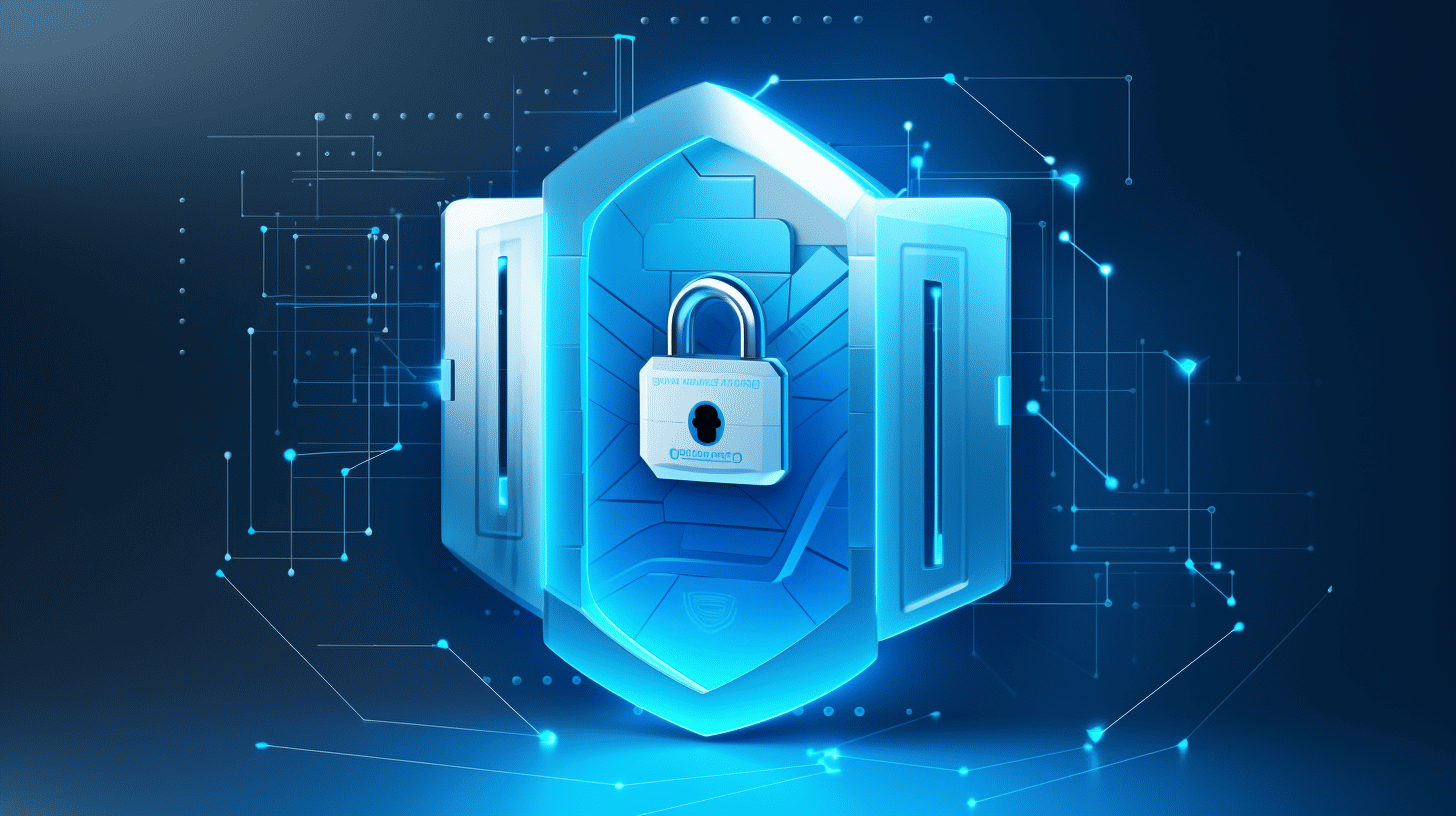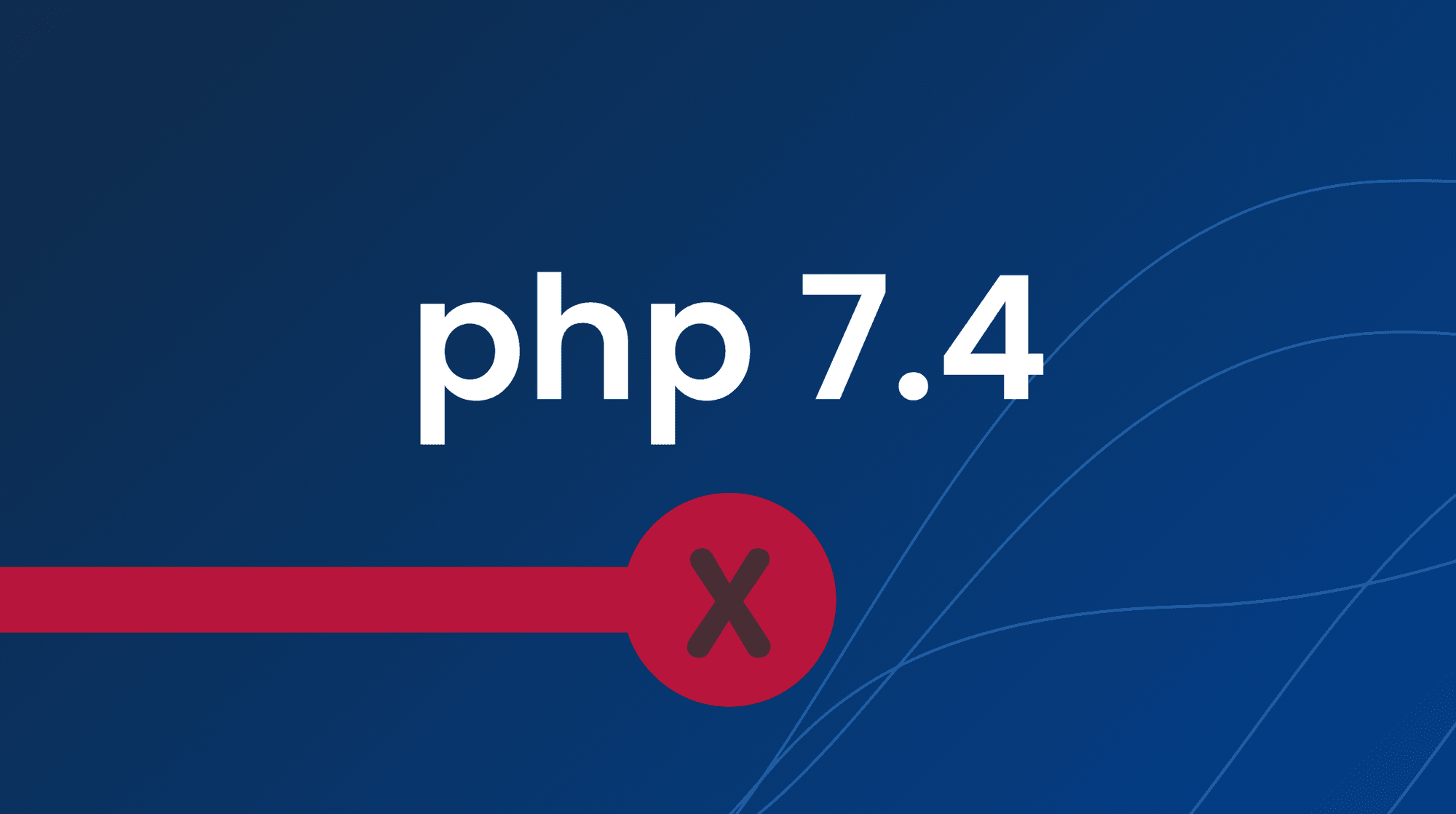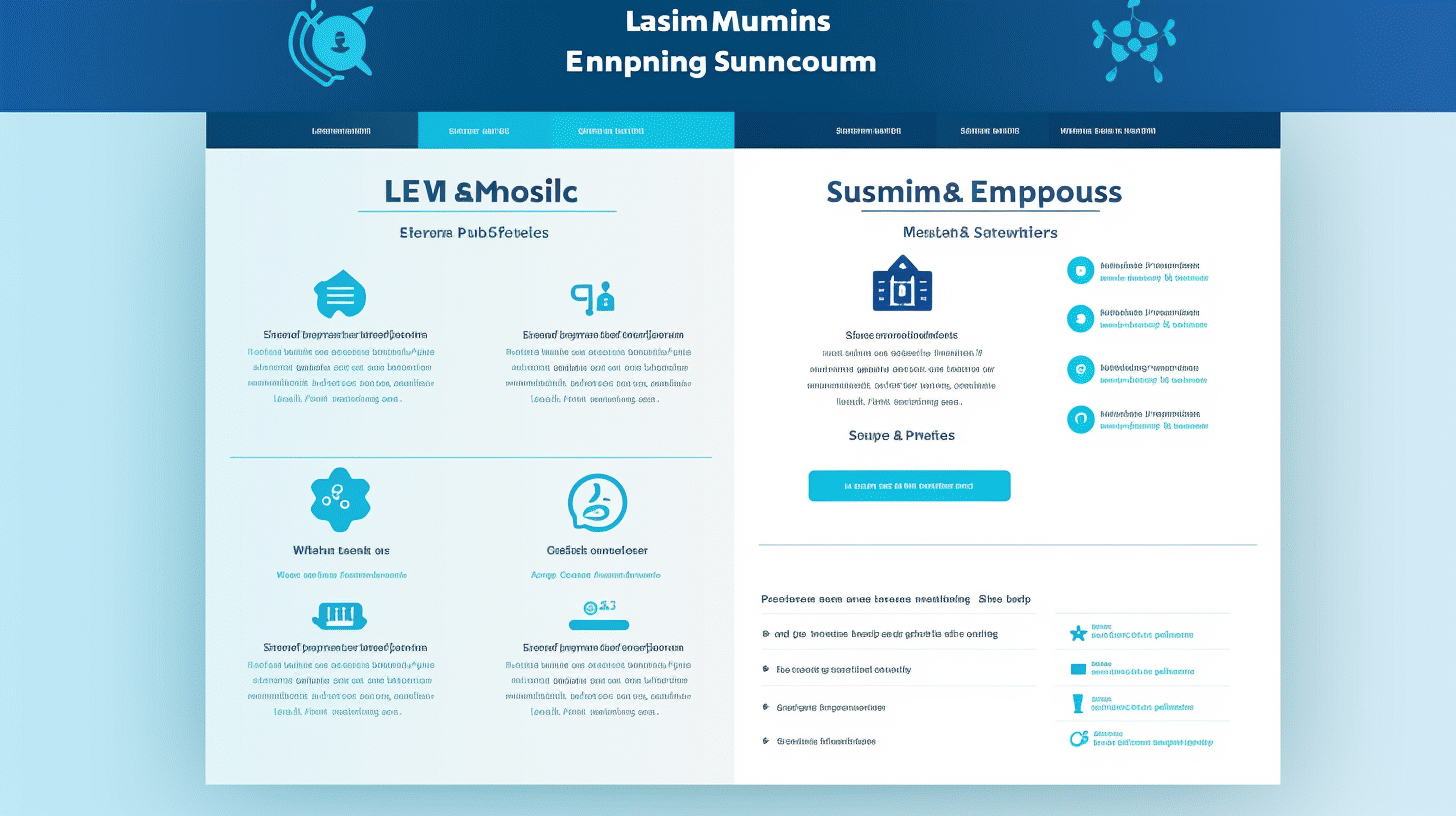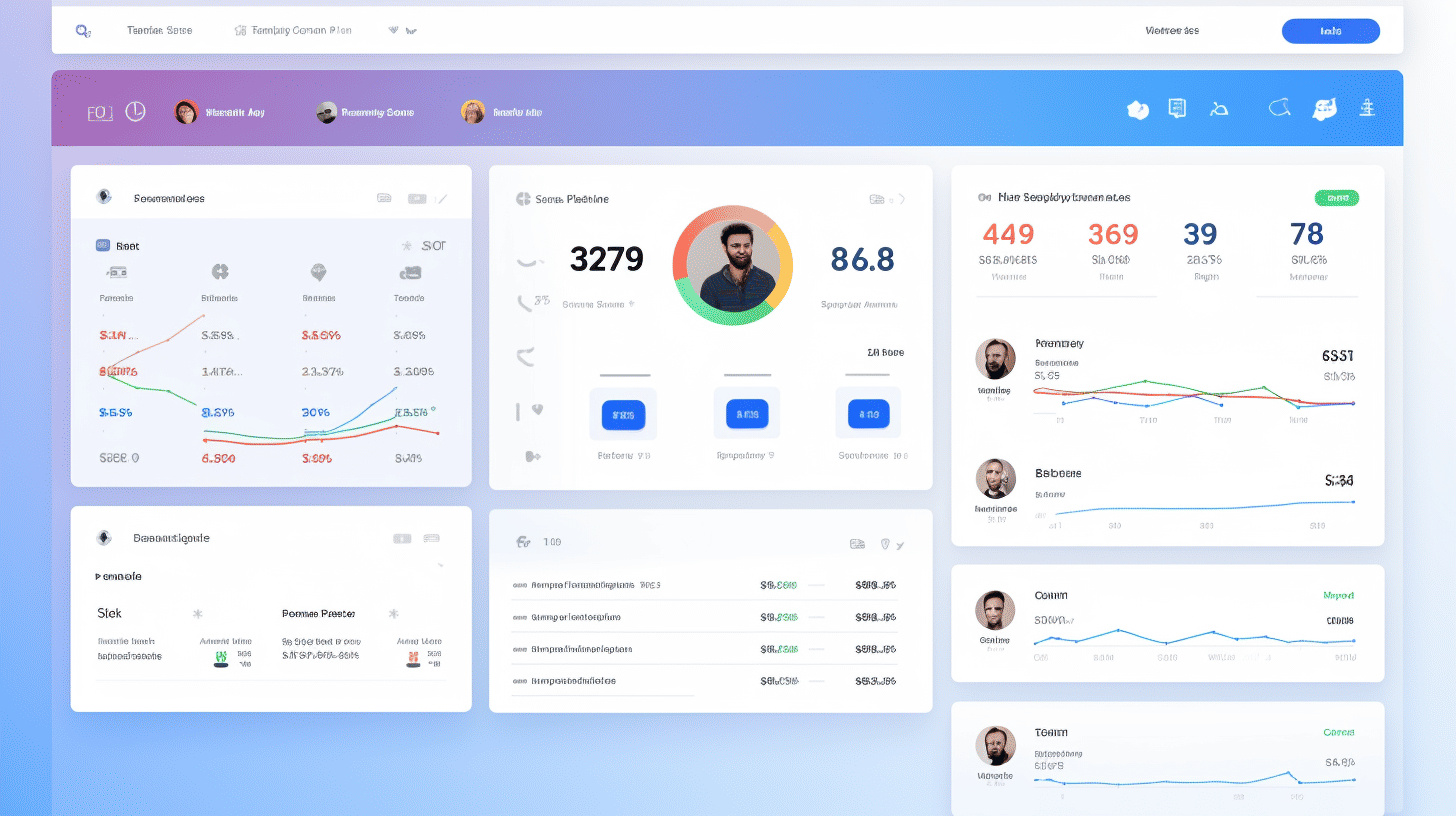在当今的数字时代,在线业务对企业至关重要,网站安全已成为重中之重。互联网为企业提供了无数机会,可以与客户建立联系、扩大业务范围并推动增长。然而,巨大的机遇伴随着巨大的风险。恶意黑客和网络犯罪分子不断寻找利用网站漏洞并未经授权访问敏感数据的方法。
网站安全漏洞可能会给企业带来严重后果,包括财务损失、声誉受损和法律后果。因此,企业必须采取主动措施保护其网站和数字资产。确保网站安全的有效方法之一是通过托管。
🌐 托管是一种综合解决方案,结合了专家技术支持、主动监控和高级安全措施,可确保网站安全顺畅运行。通过将托管需求委托给托管提供商,企业可以专注于核心运营,同时将复杂的网站安全任务交给专业人士。
在本文中,我们将深入探讨网站安全领域,并探讨企业需要考虑的各个方面,以保护自己免受网络威胁。从日益严重的网络攻击威胁到网站安全的新趋势和挑战,我们将提供宝贵的见解和可操作的策略,帮助企业加强其在线形象。让我们深入了解并通过托管掌握网站安全!
网络攻击威胁日益严重
网络攻击已成为当今数字环境中普遍存在的持续威胁。日复一日,个人和组织都面临着被恶意黑客攻击的危险。这些攻击的后果可能是毁灭性的,导致经济损失、声誉受损和隐私泄露。
📊 网络攻击统计
为了真正了解网络攻击问题的严重性,让我们来看看一些惊人的统计数据:
- 每天 2,200 次网络攻击:没错,每天大约发生 2,200 起网络攻击[1]。这个令人震惊的数字凸显了黑客的残酷本质以及他们不断寻求利用我们数字系统的漏洞。
- 每 39 秒攻击一次:如果我们进一步细分,这意味着平均每 39 秒就会发生一次网络攻击[1]。试想一下网络犯罪分子瞄准受害者的速度有多快,他们总是在寻找下一个机会。
- 每天有 30 万个新的恶意软件实例:更糟糕的是,网络犯罪分子不断创建新的恶意软件实例,以攻击毫无戒心的目标。据估计,每天大约有 300,000 个新的恶意软件样本产生[2]. 鉴于数量如此之多,难怪打击这些威胁会是一项艰巨的任务。
- 49 天内检测恶意软件:更令人担忧的是,平均需要 49 天才能检测到这些新的恶意软件实例[2]在此期间,恶意软件可能会肆虐,窃取敏感信息,并在被发现之前造成重大损失。
💰 网络犯罪成本预测
除了网络攻击的直接影响外,其造成的经济影响对企业和个人来说也是灾难性的。以下是一份令人警醒的预测:
- $ 到 2023 年每年成本将达到 10.5 万亿: 预计到 2023 年,网络犯罪每年将给企业造成高达 $10.5 万亿美元的损失[3]这一天文数字凸显了网络攻击的深远后果,以及我们应对这一日益增长的威胁的紧迫性。
总之,网络攻击威胁日益增加是当今互联世界中我们必须面对的严峻现实。统计数据描绘了一幅黯淡的画面,突显了个人和组织都面临的持续攻击。我们必须保持警惕,采取强有力的网络安全措施,并随时了解最新威胁。只有共同努力,我们才能减轻这些攻击的影响,保护自己免受不断发展的网络犯罪的侵害。
网络安全攻击的类型
在当今的数字环境中,网络安全攻击的威胁迫在眉睫。网络犯罪分子不断发展其策略并利用漏洞来未经授权访问网络和系统。了解不同类型的网络安全攻击对于组织和个人来说都至关重要,以保护自己免受潜在威胁。让我们探讨三种常见的网络安全攻击类型:第三方和供应链攻击、勒索软件攻击和 DDoS 攻击。
第三方和供应链攻击
近年来,第三方和供应链攻击不断增加,对组织构成了重大风险。这些攻击涉及网络犯罪分子利用公司第三方供应商和合作伙伴的漏洞来获取敏感数据或系统的访问权限。以下是有关这些攻击的一些关键见解:
- 第三方攻击次数同比从 44% 增加到 49%[1].
- 供应链攻击数量惊人地增加了 430%[2].
- 为了应对这些威胁,42% 的组织部署了额外的安全软件来保护云中的数据和应用程序[3].
对于组织来说,仔细评估其第三方供应商和合作伙伴实施的安全措施以降低这些攻击的风险至关重要。
勒索软件攻击
勒索软件攻击越来越普遍,破坏性也越来越强。这些攻击涉及恶意行为者加密组织的数据,然后索要赎金以换取数据释放。勒索软件攻击会导致数据丢失、运营中断和财务损失,从而让企业陷入瘫痪。以下是一些值得考虑的预防措施:
- 定期备份关键数据并将其离线存储,以最大限度地减少勒索软件攻击的影响。
- 对员工进行有关网络钓鱼电子邮件的教育,因为它们通常是传播勒索软件的主要方式。
- 定期更新软件和操作系统以修补勒索软件可以利用的漏洞。
防止勒索软件攻击需要采取多层次的方法,包括强有力的安全措施、员工意识和健全的事件响应计划。
DDoS 攻击
分布式拒绝服务 (DDoS) 攻击旨在通过大量流量淹没目标系统或网络,使其目标用户无法访问。这些攻击可能造成严重破坏和财务损失。以下是关于 DDoS 攻击的关键预测:
- 到 2023 年,DDoS 攻击预计将增长至 1540 万次[4].
减轻 DDoS 攻击的影响需要主动监控、流量过滤以及采用内容分发网络 (CDN) 等策略来分配流量和吸收容量攻击。
总之,了解各种类型的网络安全攻击,例如第三方和供应链攻击、勒索软件攻击和 DDoS 攻击,对于保护我们的数字资产至关重要。通过实施强大的安全措施、教育员工并随时了解新出现的威胁,个人和组织可以更好地保护自己免受网络威胁。
🔒 加强防御并保持警惕,领先网络犯罪分子一步!🔒
[1]: 来源
[2]: 来源
[3]: 来源
[4]: 来源
网站安全的新趋势和挑战
随着技术的快速发展和网络威胁的日益复杂化,网站安全已成为各种规模企业的首要任务。随着黑客的策略不断发展,组织必须及时了解网站安全的最新趋势和挑战。在本文中,我们将探讨企业需要了解的一些新兴趋势和挑战,以有效保护其网站。
基于云的托管安全服务
近年来,基于云的托管安全服务获得了显著的关注。这些服务为企业提供通过云提供的全面安全解决方案,消除了对本地基础设施的需求并降低了维护成本。基于云的托管安全服务的主要优势包括:
- 增强的可扩展性和灵活性:基于云的解决方案可以轻松扩展以满足企业日益增长的需求,确保他们拥有有效保护其网站所需的资源。
- 24/7 监控和威胁检测:托管安全服务提供商提供全天候监控和实时威胁检测。这种主动方法有助于在潜在风险造成重大损害之前识别和缓解这些风险。
- 专家安全管理:通过与托管安全服务提供商合作,企业可以利用专门从事网络保护的安全专业人员的专业知识和经验。
例如,Managed WP Services 是领先的基于云的托管安全服务提供商。他们的综合安全解决方案可确保网站免受复杂的网络威胁。通过持续监控、自动更新、主动威胁检测和边缘保护,Managed WP Services 让企业在网站安全方面高枕无忧。 在此了解有关托管 WP 服务的更多信息。
对托管网站托管的需求不断增加
在 COVID-19 疫情爆发后,对托管网站托管服务的需求猛增。随着远程工作成为常态,企业严重依赖其网站与客户建立联系并增加收入。托管网站托管具有多种优势,包括:
- 专家技术支持:托管网络托管服务提供商提供全天候技术支持,确保网站始终保持安全和正常运行。
- 自动备份和更新:托管网络托管服务通常包括定期备份和更新,确保网站受到保护并及时防范最新的安全漏洞。
- 安心:通过将网站托管委托给专门的提供商,企业可以专注于其核心运营,同时将网站管理的技术方面交给专家。
随着网络托管行业的持续增长,企业需要选择可靠的托管网络托管服务提供商,该服务提供商优先考虑网站安全并提供强大的网络威胁防护。
基础设施监控和人工智能集成的重要性
随着网站变得越来越复杂和互联,基础设施监控和 AI 集成已成为网站安全的重要组成部分。以下是它们如何为更安全的在线环境做出贡献:
- 实时威胁检测:基础设施监控系统不断监控网络流量、服务器性能和应用程序日志,以检测潜在的安全威胁。通过分析大量数据,AI 算法可以识别表明恶意活动的模式并触发即时响应以减轻风险。
- 自动事件响应:人工智能技术可以通过部署对策、阻止可疑 IP 地址或隔离受感染的系统来自动化事件响应流程。这种快速自动化的响应有助于防止潜在的违规行为并最大限度地减少安全事件的影响。
通过利用基础设施监控和人工智能集成的力量,企业可以有效地实时检测和应对安全威胁,最大限度地保护其网站。
由于本文深入探讨了网站安全领域的各种新兴趋势和挑战,其对话式的语气和友好的语言让读者很容易参与其中。文章没有外部链接或脚注,重点仍然是在指定部分内提供有价值的见解和信息。
保护云端网站
在当今的数字环境中,向云的转变已经改变了组织管理和托管网站的方式。凭借其灵活性、可扩展性和成本效益,云提供了众多优势。然而,这种转变也带来了不少挑战,尤其是在确保网站安全方面。
云安全的统一控制
确保云中网站安全的关键方面之一是实施统一控制。通过拥有一个管理多个云环境安全性的集中式系统,组织可以简化其安全流程并确保一致性。这种方法降低了为每个云平台单独管理安全措施的复杂性。
想象一下,只需一个集中式仪表板即可监控和执行安全策略、管理访问控制以及检测和应对潜在威胁。这种统一方法不仅简化了安全管理流程,而且还提供了托管在云中的网站的安全状况的整体视图。
实施统一的云安全控制的一些好处包括:
- 效率: 通过集中式系统,安全团队可以轻松管理和配置跨多个云环境的安全设置,从而减少维护一致安全措施所需的时间和精力。
- 一致性: 统一控制确保所有云平台上一致地实施安全策略、配置和访问控制,从而最大限度地降低任何安全漏洞或漏洞的风险。
- 能见度: 通过集中式仪表板,安全团队可以更好地了解托管在云中的网站的安全状况。这使他们能够快速识别和解决任何潜在的安全问题或威胁。
云安全的关键挑战和问题
虽然过渡到云有很多好处,但在确保网站安全方面也带来了一系列独特的挑战和问题。以下是组织需要解决的一些关键挑战和问题:
- 数据保护: 保护存储在云中的敏感数据是重中之重。组织必须实施强大的加密方法和访问控制,以防止未经授权访问敏感信息。
- 帐户和访问管理: 管理用户帐户和云资源访问权限可能很复杂,尤其是在大型组织中。实施强大的身份验证机制并定期审查访问权限至关重要。
- 合规性和监管要求: 组织需要确保其云基础设施和网站安全措施符合行业特定的法规和标准,例如 GDPR 或 HIPAA。
- 威胁检测与响应: 云环境并不能免受网络威胁。实施强大的威胁检测和响应机制(如入侵检测系统和实时监控)对于检测和缓解潜在的安全漏洞至关重要。
- 供应商安全: 在云中托管网站时,组织必须考虑云服务提供商实施的安全措施。与具有良好安全记录的知名和值得信赖的供应商合作至关重要。
保护云中的网站是一项多方面的任务,需要全面的安全策略、统一的控制和持续的监控。通过解决云安全中的关键挑战和问题,组织可以增强其网站的安全性并保护敏感数据免受潜在威胁。
信息和通信技术趋势的影响
随着技术继续快速发展,信息和通信技术 (ICT) 趋势对网站安全的影响不容小觑。这些趋势塑造了数字格局,为希望确保网站安全的企业带来了机遇和挑战。让我们探讨一些关键的 ICT 趋势及其对网站安全的影响:
传感器和执行器的激增
传感器和执行器的激增,加上物联网 (IoT) 和智能设备的增长,彻底改变了我们与数字世界的互动方式。从智能家居到联网汽车,这些技术提高了我们日常生活的便利性和效率。然而,它们也带来了新的安全漏洞,网络犯罪分子可以利用这些漏洞。
由于传感器和执行器会收集和传输大量数据,网站所有者必须考虑物联网设备连接到其网络的潜在风险。这些设备上薄弱的安全措施可能会导致未经授权的访问或泄露敏感信息。为了降低这些风险,企业必须优先考虑强大的安全协议并定期更新固件以防范新出现的威胁。
将人工智能 (AI) 融入安全解决方案
人工智能 (AI) 融入安全解决方案显著提高了企业的检测和响应能力。机器学习算法和行为分析等人工智能技术可以实时分析大量数据,以识别表明潜在安全漏洞的模式和异常。
通过在网站安全中利用人工智能,企业可以主动检测和应对网络威胁,最大限度地降低数据泄露或停机的风险。先进的人工智能系统可以识别异常的用户行为,检测恶意代码注入,甚至可以预测和预防复杂的攻击。
云计算和安全
采用云计算为企业带来了诸多好处,包括可扩展性、成本效益和增强协作。然而,它也带来了独特的安全挑战。随着越来越多的组织将其网站和应用程序迁移到云中,他们必须确保采取强大的安全措施来保护其数据免受未经授权的访问和网络攻击。
在保护云端网站安全时,企业应考虑:
- 实施统一的云安全控制,以确保所有基于云的资产的一致安全性。
- 对静态和传输中的数据进行加密,以防止未经授权的访问或拦截。
- 定期进行漏洞评估和渗透测试,以识别和解决云基础设施中的潜在弱点。
- 确保遵守行业法规和标准,例如《通用数据保护条例》(GDPR)或《支付卡行业数据安全标准》(PCI DSS)。
网站安全的未来
随着 ICT 趋势不断发展,网站安全实践也必须不断发展。企业必须随时了解并适应新兴技术,确保其网站得到强有力的保护,以抵御网络威胁。通过采用先进的安全解决方案(例如 AI 集成系统和云安全措施),企业可以增强其网站安全态势并保护其宝贵的数字资产。
总之,随着信息和通信技术趋势的影响不断增长,网站所有者需要优先考虑网络安全工作,以领先于恶意行为者。通过了解和减轻与物联网设备相关的风险、在安全解决方案中利用人工智能以及实施强大的云安全措施,企业可以保护其网站并在日益数字化的世界中保持客户信任。
常见问题
- 为什么网站安全对企业很重要?
网站安全对企业至关重要,因为它有助于保护敏感的客户信息、防止数据泄露和网络攻击、维护企业声誉和信任,并确保遵守数据保护法律法规。
- 什么是托管?
托管是一种网络托管服务,托管提供商负责服务器维护、安全、备份和技术支持。它为企业提供无忧的托管解决方案,并确保其网站的最佳性能和安全性。
- 托管主机如何增强网站安全性?
托管主机通过采用高级安全措施(如定期软件更新、硬件防火墙、恶意软件扫描、入侵检测系统、DDoS 保护和主动服务器监控)来增强网站安全性。托管服务提供商还拥有经验丰富的安全专业人员,可及时处理与安全相关的问题。
- 使用托管主机对于网站安全有哪些好处?
使用托管主机保证网站安全的好处包括降低安全漏洞和停机风险、提高网站性能、获得专家支持、自动备份和灾难恢复、可扩展性以及安心。
- 我可以将现有网站迁移至托管服务提供商吗?
是的,大多数托管服务提供商都提供网站迁移服务,帮助您将现有网站无缝转移到他们的平台。他们负责处理迁移过程的技术方面,确保停机时间最少,过渡平稳。



















